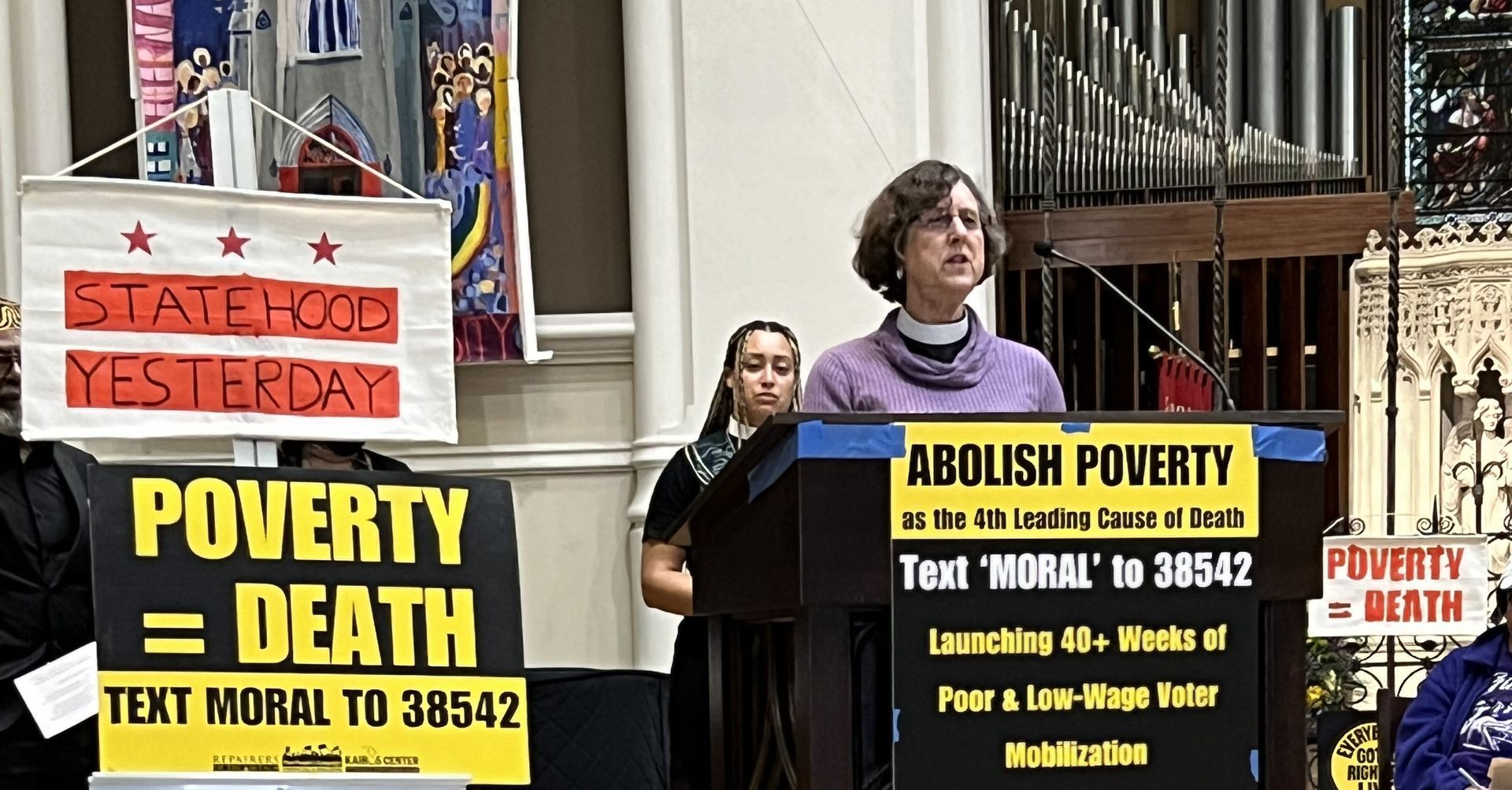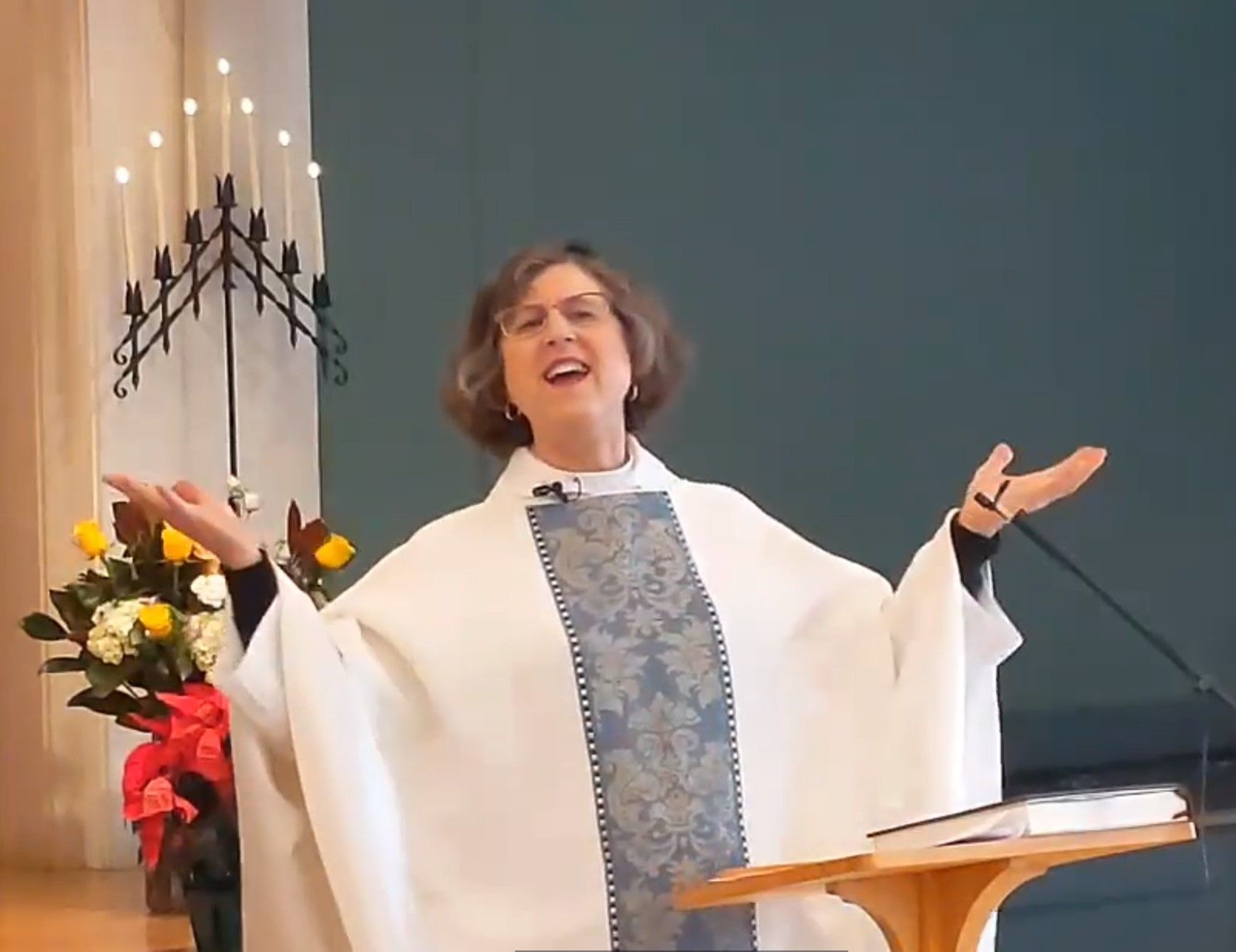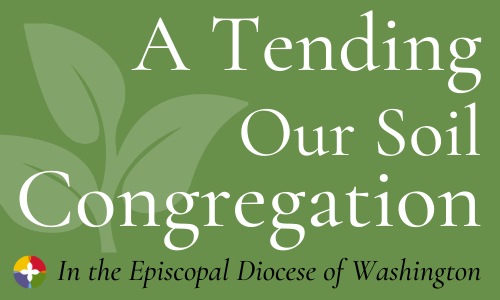Lenten Thoughts from our Sr. Warden
A Message from the Senior Warden
How do you observe Lent? Tradition defines Lent as a time of “giving up”, that is of fasting (for example, giving up all meat, sweets, or alcoholic beverages) or perhaps giving up other things that you especially like, such as movies or social media. With this observance, every time we think of the enjoyment we are missing, it causes us to remember why we have done this, deepening our faith accordingly. This type of observance puts us in touch with many other faith traditions that incorporate fasting or other kinds of self-denial. Certainly, Jesus set an example for this observance in his 40 days fast in the desert.
Growing up a Presbyterian, I was not familiar with Lent until I married and joined the Episcopal Church. I learned that there was a different way to observe Lent (as mentioned in the bishop’s message last week), “taking something on” to strengthen our faith. I have preferred this observance. I often use this opportunity to learn about other faith traditions, particularly Judaism, Islam, and Buddhism. I find that my faith is strengthened by learning about those beliefs and traditions. One year during Lent I read through the Psalms, to be in closer touch with ancient Hebrew rituals. Although we sing the psalms every Sunday, it is very different to read them deeply. One year I read the Koran. I admit I found it difficult to discern its meaning at times. I have learned more about Islam from reading about the Koran and from learning about the practices of Islam, such as the five daily prayers.
This year I am reading a book by Thich Nhat Hanh: Zen and the Art of Saving the Planet. The author was a famous Vietnamese Buddhist monk and activist. This was his last book, published in 2021, the year before his death at age 95. By reading his teachings, based on Zen Buddhist thought, I am strengthening my own faith. For example, he says: “In Buddhism, we speak of three kinds of spiritual powers everyone can seek. The first power is the power of cutting off. It is the power to cut off your cravings, anger, fear, despair, or jealousy. The second spiritual power—the power to understand—helps you remove delusion and misunderstanding. And the third spiritual power is love. This is the power to love, forgive, and accept others and offer understanding and love.” The first spiritual power sounds to me very much like the spiritual power of Lent. And the others sound very much like the heart of the Christian message: peace, love, and understanding. Indeed, by learning the teachings of other faiths, we learn more about the many pathways to reaching a common destination, the divine.
-Embry Howell, Senior Warden











